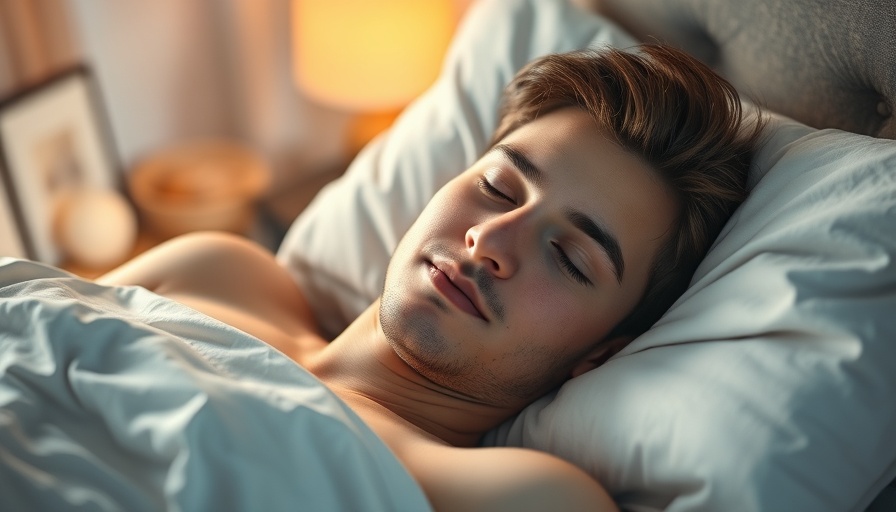
The Struggle for Sleep in a Warming World
As global temperatures continue to rise due to climate change, an unforeseen consequence is the growing struggle many people face in achieving quality sleep. Recent studies reveal a startling trend: humans have lost an average of 44 hours of sleep per year in the last two decades, a statistic that many attribute to a warmer climate. This alarming rate is projected to worsen, with researchers estimating a loss of up to 58 hours annually by the year 2099. The correlation between rising temperatures and declining sleep has led scientists to investigate various strategies for improving sleep quality despite an increasingly heat-stressed environment.
Understanding the Science of Heat and Sleep
The brain's sensitivity to heat cannot be underestimated. Elevated temperatures activate our body's central thermostat, which in turn activates stress response systems, disrupting our natural sleep cycles. According to a review published in Sleep Medicine, the implications of climate changes are dire, as sleep is essential for both mental and physical well-being. Researchers like Kelton Minor from the University of Copenhagen advocate for interventional studies exploring mechanisms that will allow humans to adapt and mitigate the adverse effects of heat on sleep.
Simple Changes to Improve Sleep Quality
In light of these challenges, tiny adjustments to our nightly routines can support better rest. One tip emphasized by researchers is to adjust room temperatures. Contrary to the belief that the bedroom must be on the cooler side (around 18-20°C or 64-68°F), experts believe many can adapt to slightly warmer conditions—up to as high as 28°C (82.4°F)—without sacrificing sleep quality. Wearing light fabrics, using just a simple sheet, and enhancing room ventilation can significantly alleviate heat-related sleep disruption.
Behavioral Adaptations in the Heat
Researchers stress that hydration, wardrobe choices, and daily activity schedules should adapt in response to heightened temperatures. Fabien Sauvet, a researcher at Paris Cite University, points out that higher summer temperatures may require us to rethink when and how we engage in vigorous daily activities. For example, exercising in the early morning or evening can prevent exhaustion during peak heat hours, encouraging better sleep at night.
The Importance of Acclimatization
Interestingly, Sauvet also suggests that it's possible to acclimatize to warmer sleep environments. Avoiding heavy reliance on air conditioning can gradually help one's body adapt to higher temperatures. This concept challenges the prevalent notion that maximum comfort can only be achieved through cooler environments. With persistent adaptation, many individuals may discover that quality sleep does not have to be sacrificed even as temperatures rise.
Look Forward: What Lies Ahead for Sleep and Climate
As heat continues to pose challenges to sleep quality worldwide, the future beckons increased research efforts. Innovations in sleep technology, behavioral science, and environmental health will play a crucial role in uncovering solutions. As we move toward 2099, the demand for practical and effective strategies to combat rising temperatures and their effects on sleep will grow stronger.
Take Action: Prioritize Your Sleep Health
With the link between climate change and sleep firmly established, individuals are encouraged to be proactive in adapting their lifestyles for better sleep. Whether adjusting bedroom conditions or changing daily schedules, ensuring quality sleep health can be accomplished with relatively simple changes that support overall well-being. As the world changes, it’s crucial for everyone to take initiative to protect their sleep. Embrace strategies to enhance your sleep quality—your body will thank you!
 Add Row
Add Row  Add
Add 




Write A Comment